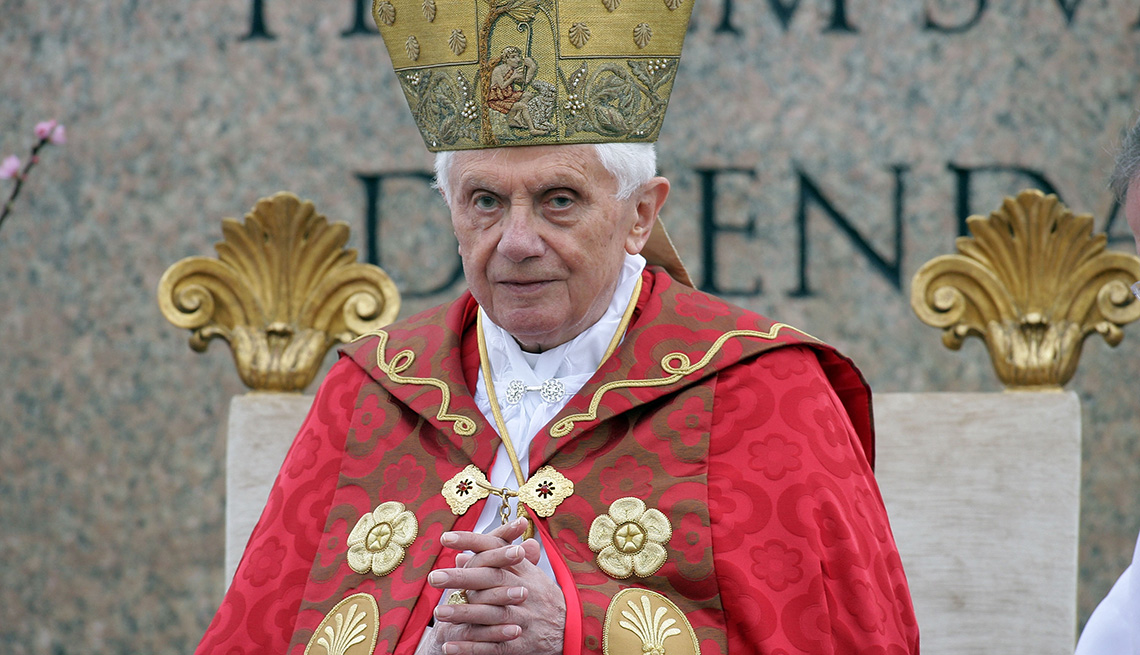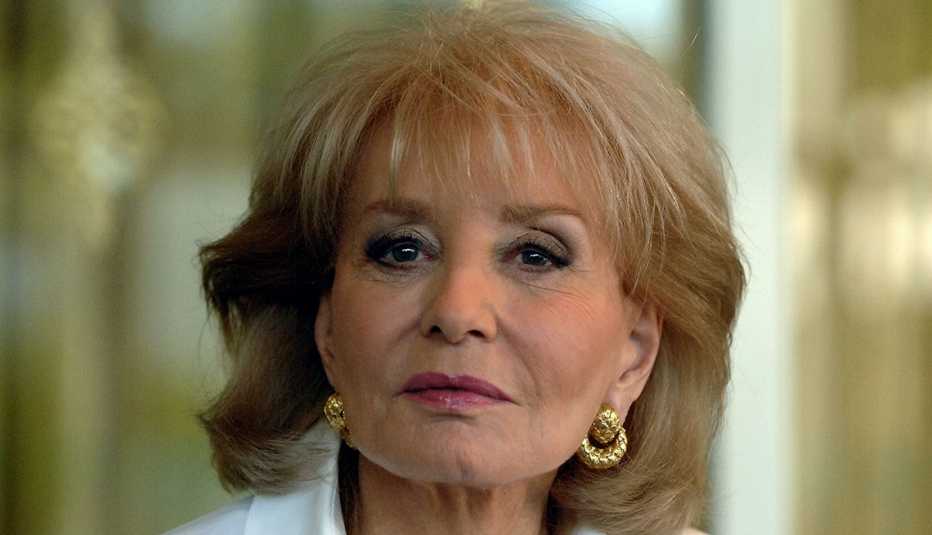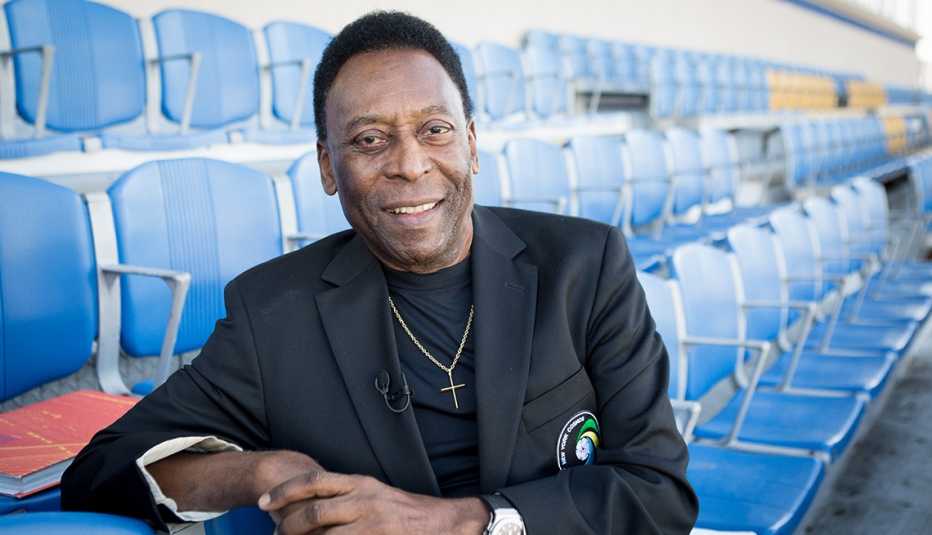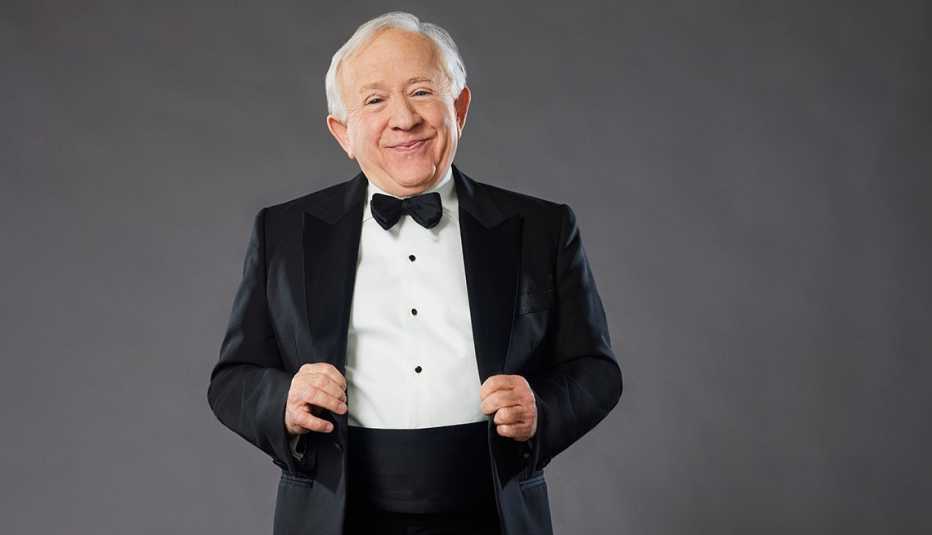AARP Hearing Center
He was the first pope in 600 years to simply quit, and his announcement in early 2013 came “like a bolt out of the blue,” the Vatican said at the time. Pope Emeritus Benedict XVI, who was succeeded by Pope Francis as the head of the Catholic Church, spent his retirement in seclusion in a converted monastery in the Vatican Gardens, and his death, on Saturday at 95, also defied expectations: He had cited his decision to step down to ill health, saying in his announcement, “I have come to the certainty that my strengths, due to an advanced age, are no longer suited to an adequate exercise” of leading the world’s Roman Catholics. And so his retirement, which spanned nine years, was not expected to last longer than his eight-year reign.
The 265th pope, who was elected in 2005 and took the name of a fifth-century monk, Benedict of Norcia, who spread Christianity in Europe through founding monasteries, had delivered his stunning news during a routine meeting to discuss the canonization of potential saints. His resignation was regarded as one of the most dramatic events in the history of the papacy. The evening of his announcement, a lightning bolt struck the dome of St. Peter’s during a thunderstorm, leading some to poetic speculation.


AARP Membership— $12 for your first year when you sign up for Automatic Renewal
Get instant access to members-only products and hundreds of discounts, a free second membership, and a subscription to AARP the Magazine. Find out how much you could save in a year with a membership. Learn more.
Marco Politi, a Vatican expert and author of several books about the papacy, told The New York Times, “This decision has been the only great reform of Benedict, and at the same time it is a revolutionary step for the Catholic Church.” Politi added that other popes had resigned over political issues, but this would “set an example also for the future, setting a limit for the pontificate.”
In April 2022, on the pope emeritus’s last birthday, Archbishop Georg Gänswein, the former pope’s longtime personal secretary, informed Munich’s Radio Horeb that he was “in good spirits. He is of course physically relatively weak and frail, but lucid.” The pope emeritus began each day in his last years with Holy Mass and the prayers of the Breviary. “Every now and then there is space for music, until lunchtime,” Gänswein said. “Depending on his health, Benedict XVI typically in the afternoon” took a “short walk in the Vatican Gardens with the recitation of the Rosary, but seated.”
The former Cardinal Joseph Ratzinger, Benedict XVI was the oldest pope, at 78, to be elected since 1730 and the first German pope in 500 years. Nonetheless, he had served beside his predecessor, John Paul II, for two decades, and so he was a logical choice for the 115 cardinals who chose him and expected him to share his mentor’s conservative theology.


































































